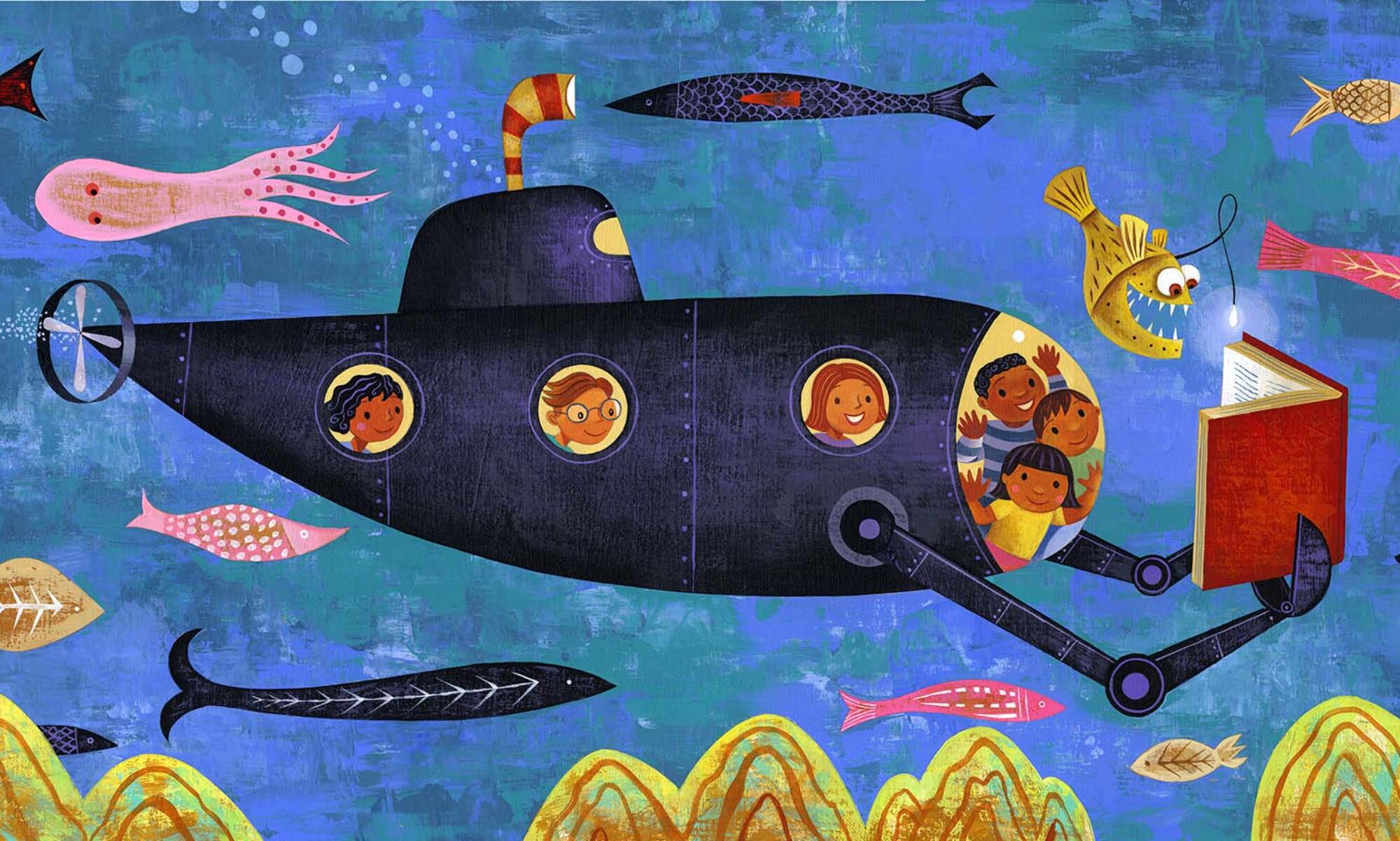As a child who loved fantasy and justice, my response to growing up in a painfully inequitable world was to find a way to save it, to be a hero. However, I quickly realized that while I was a smart and determined child, the problems we face as a society are too large and complex for just one person to solve them all. I saw two paths; either work with the dominant powers, gain some power myself, and then hopefully create change if power hasn’t changed me too much already—or find power in numbers, organizing with people to achieve goals that benefit us all. This is what ultimately led me to the path of education. I wanted to help “save the world” in whatever career I chose, and education seemed like the best way to do so after considering all my options.
A new invention or political leader are not enough to change the imbalance of power in our global society. However, by giving the best education possible to coming generations, I see a great potential for change. Young people love fairness, so I believe they would be very receptive to a school environment that treats them equitably and supports their pursuit of justice outside the classroom. By treating students equitably and helping them to address or overcome societal issues, we will be preparing the next generation to create the future they want to live in.
I recall being intrigued whenever I had a school assignment that involved a call to action and social justice, but the final step was always to create a petition or write a letter. This never felt impactful enough to me and the lack of options to push back made me feel powerless. This is why I think school’s need to have longer term projects for social justice and students need to be taught the hard ways of creating change, like through law and policy. Even if students are not pursuing their initiative in court, they could see how that is an avenue in the future. It is a huge part of my philosophy that we need to create critical hope and help students visualize many alternative paths to the future, as it is constantly changing in front of them. In such a tumultuous world, schools can be a place for stability, creativity, imagination, and change, where teachers help students make sense of issues they will face and ways to address them.
We need to work together, across generations and groups, to protect the future of the planet. While climate change is the biggest threat to human life continuing, it is impossible to address climate change without addressing the inequity which perpetuates it. Our trajectory currently looks as though humans with less privilege will be left to feel the harmful effects of climate change while a privileged group will protect themselves from harm by further hoarding resources and fueling climate change. This is a bleak predicament, but I like to focus on the fact that while inequality has progressed to such a disproportionate point, there are so many more people without power than with power. This creates revolutionary potential, as the people can now see that there is a small group of lords controlling society and most people are essentially serfs.
The people in power only benefit when the rest of us are uneducated on our situation, unable to label the causes of our issues and too tired, confused, and anxious to filter through new information. With such a daunting world ahead, I understand how many people may not want to engage in social justice if they do not see a possible victorious ending, as it is stressful to be aware of problems without knowledge of solutions. This is why education is so important, because school can be a place where people learn to engage with current events and scary news in a productive way. This will make our society less susceptible to misinformation or ignorance if they have a clear, comfortable understanding of issues.
The world may be increasingly complex, stimulating, and fast-paced, but we can it work for us by working together. I already have hope seeing local governments doing great things, seeing people push back against injustice and refuse inequitable treatment, seeing the activism and hope so many people engage in, seeing similarities to the past and knowing we can overcome again, and seeing the young people today burning brightly, ready to act.
